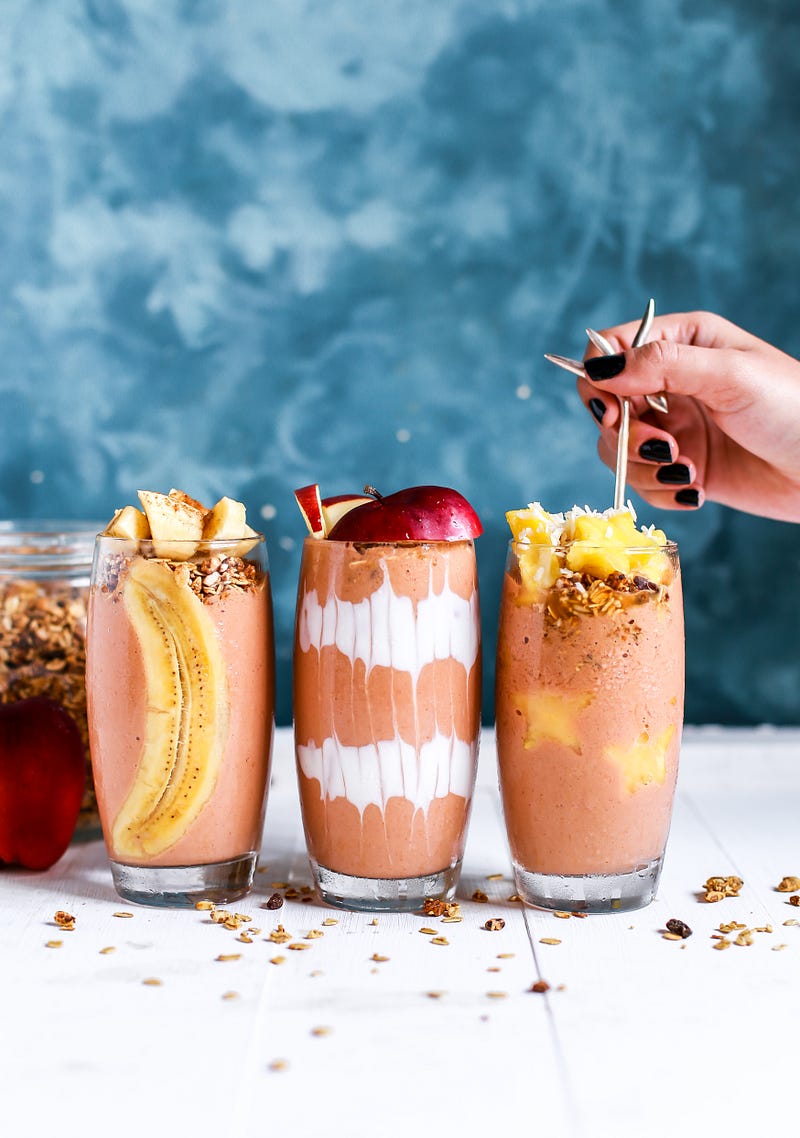# The Complex Relationship Between Alcohol and Brain Health
Written on
Understanding the Impact of Alcohol
Recent research indicates that consuming any quantity of alcohol can be detrimental to brain health. Yet, it seems that reading about these studies might be even more damaging to one’s spirit.
To illustrate this point, consider the numerous conflicting studies that have surfaced over the years, creating confusion and frustration. For instance, studies on coffee have oscillated between proclaiming it harmful and beneficial, leaving many in a state of bewilderment.

This chaotic cycle of information doesn’t stop there. Red meat has faced similar scrutiny, with research oscillating between its dangers and its benefits. The constant flip-flopping has led some to feel a primal urge to indulge without restraint.
In the world of dietary fat, one can find an equally perplexing narrative: fat is often labeled both a villain and a savior, leading to a desperate quest for clarity amidst the chaos.
Then there are the messages about carbohydrates, which are frequently demonized while fiber is hailed as a necessity, leaving us in a tangled web of dietary confusion.
Exploring the Influence of Alcohol on Health
Adding to this confusion is the discourse surrounding sexuality, with warnings against its dangers and moral implications. Amidst these debates, a plethora of studies have emerged claiming various substances and activities lead to cancer, leaving many to question the very foundations of health science.
A recent study highlights the potential long-term consequences of alcohol consumption on brain function, suggesting even moderate drinking may have negative effects.
This video, titled "New study shows long-term effects of alcohol on brains," provides an overview of the findings, emphasizing the importance of understanding how even small amounts of alcohol can impact cognitive health.
The Dilemma of Drinking: A Satirical Perspective
Yet, amidst the overwhelming flood of information, one must wonder: what’s the alternative? Should we simply indulge in our vices to forget the complexities of life? That seems counterproductive, doesn’t it?
This article, penned by a possibly "damaged" mind, reflects the chaotic nature of current scientific discourse on brain health. In a world where artificial intelligence is on the rise, the relevance of human cognition is being questioned.
Ultimately, what is the goal of existence? Is it to avoid all forms of damage? Keeping ourselves in pristine condition, like a toy in its packaging, seems devoid of purpose.
The second video, "What Alcohol Does to Your Body, Brain & Health," delves deeper into the effects of alcohol consumption, offering insights that challenge the notion of moderation.
So, what’s the takeaway? Perhaps society needs to reflect on its relationship with alcohol without the incessant criticism from the scientific community. After all, they tried prohibition once—how did that go?
In the spirit of celebration, who’s ready for flaming shots at my place?